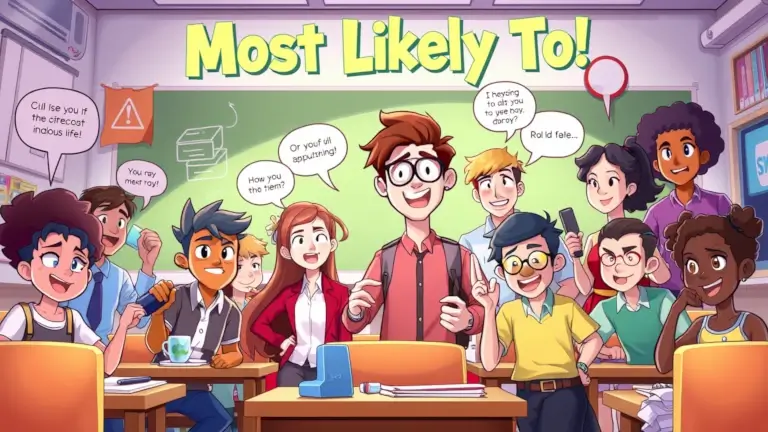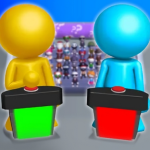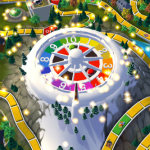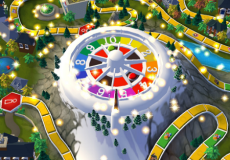

Never Have I Ever
Never Have I Ever is a conversational game where players reveal personal experiences in response to specific statements. The game revolves around the idea of honesty and observation, as each participant listens to a prompt and signals whether it applies to them. It is typically played in informal social settings and requires no tools or materials. The activity is based entirely on spoken interaction, which makes it accessible in nearly any environment, from living rooms to video calls.
Similiar games
Never Have I Ever is a conversational game where players reveal personal experiences in response to specific statements. The game revolves around the idea of honesty and observation, as each participant listens to a prompt and signals whether it applies to them. It is typically played in informal social settings and requires no tools or materials. The activity is based entirely on spoken interaction, which makes it accessible in nearly any environment, from living rooms to video calls.
Structure and Game Progression
A round begins when one player says something they claim to have never done. The remaining participants then respond based on whether they have experienced the thing mentioned. While the game has no formal scoring, repeated responses from certain players can draw attention and create a playful rhythm. Sessions can last for a few minutes or continue for hours, depending on the mood of the group. The content of each round shifts based on who is playing and how comfortable they are sharing details about themselves.
Variation Through Context and Rules
One of the game’s strengths is its ability to shift tone. In some settings, it’s kept light and humorous. In others, it can invite more serious or awkward admissions. Some players use categories to guide the statements, such as travel, family, or technology. Others introduce variations like silent rounds, group penalties, or timed responses. Because the format is so open-ended, the same set of players can experience the game differently each time they play.
Sample Prompts for the Game
Here are several prompt ideas players might use:
- Never have I ever laughed during a serious conversation
- Never have I ever eaten food after it fell on the floor
- Never have I ever texted the wrong person by accident
- Never have I ever told someone I was busy when I wasn’t
- Never have I ever stayed awake all night without meaning to
Function in Social Environments
Never Have I Ever functions both as entertainment and as a way to uncover unknown details about people in the room. It often becomes more interesting as players grow more relaxed or curious. The game adapts to different situations and can be used among old friends or complete strangers. Its enduring popularity lies in its reliance on real experience rather than competition or strategy, making it a common choice for parties, meetings, and casual gatherings.
Discuss Never Have I Ever




















